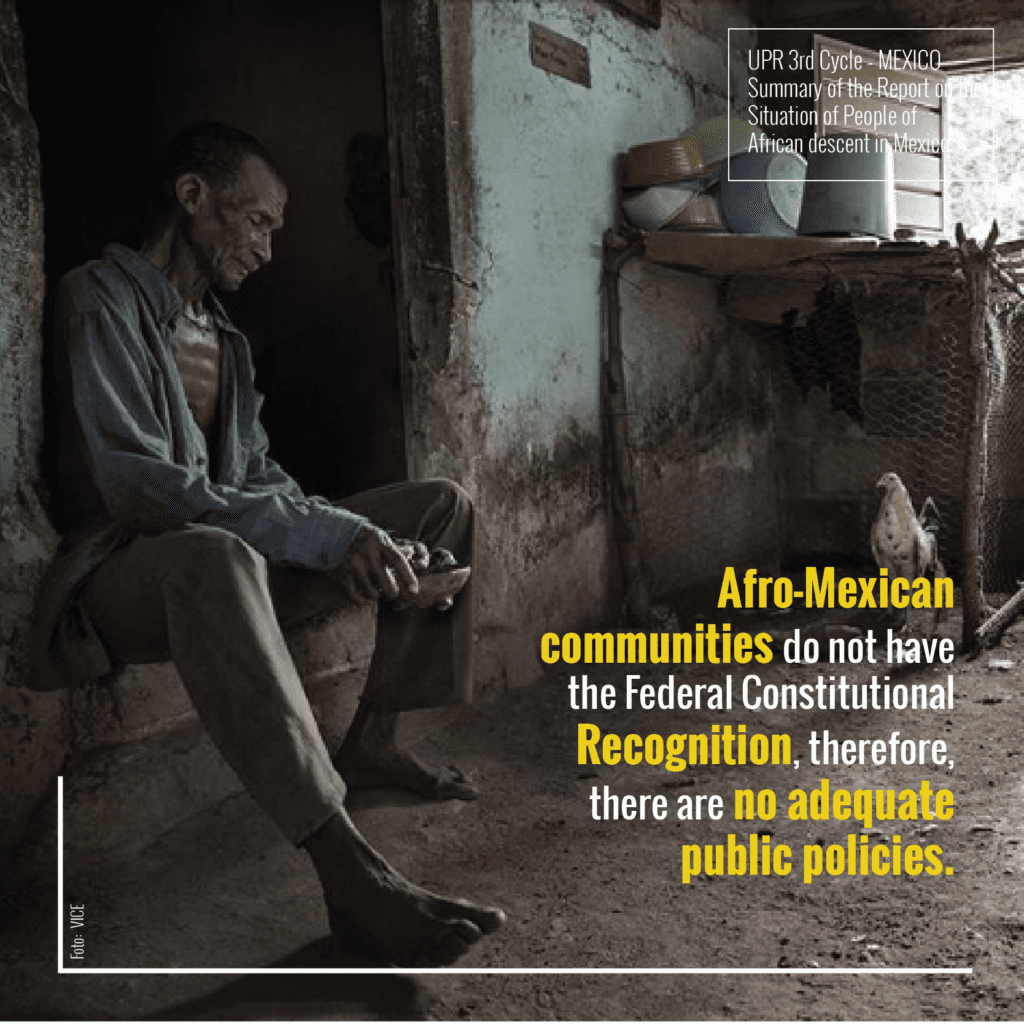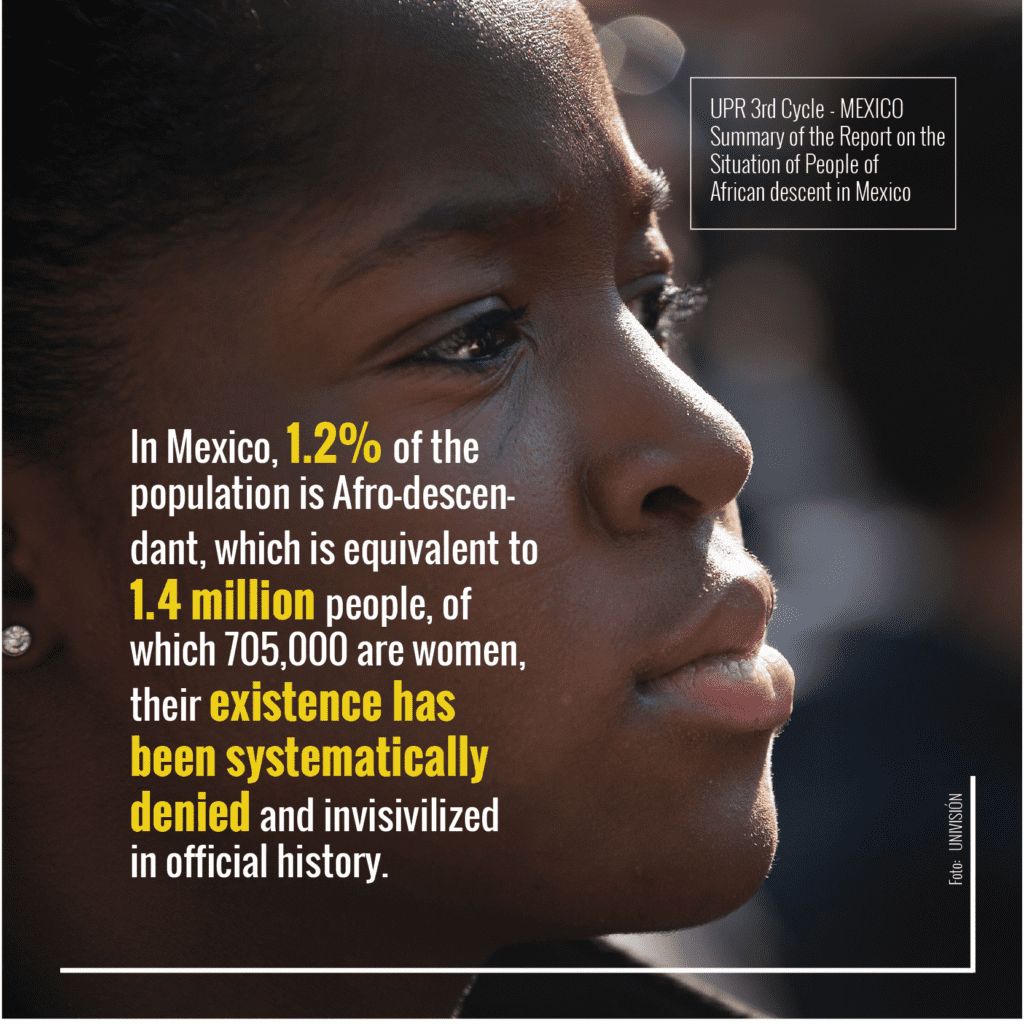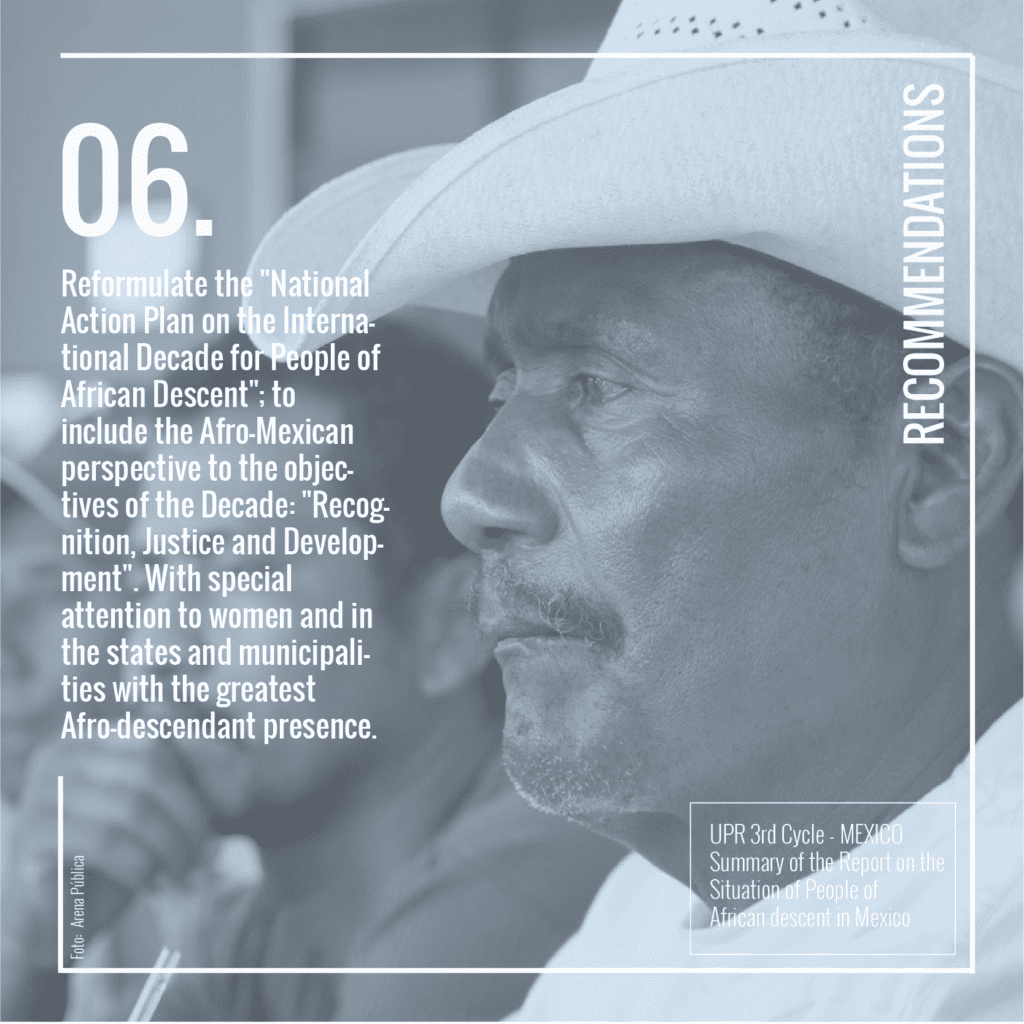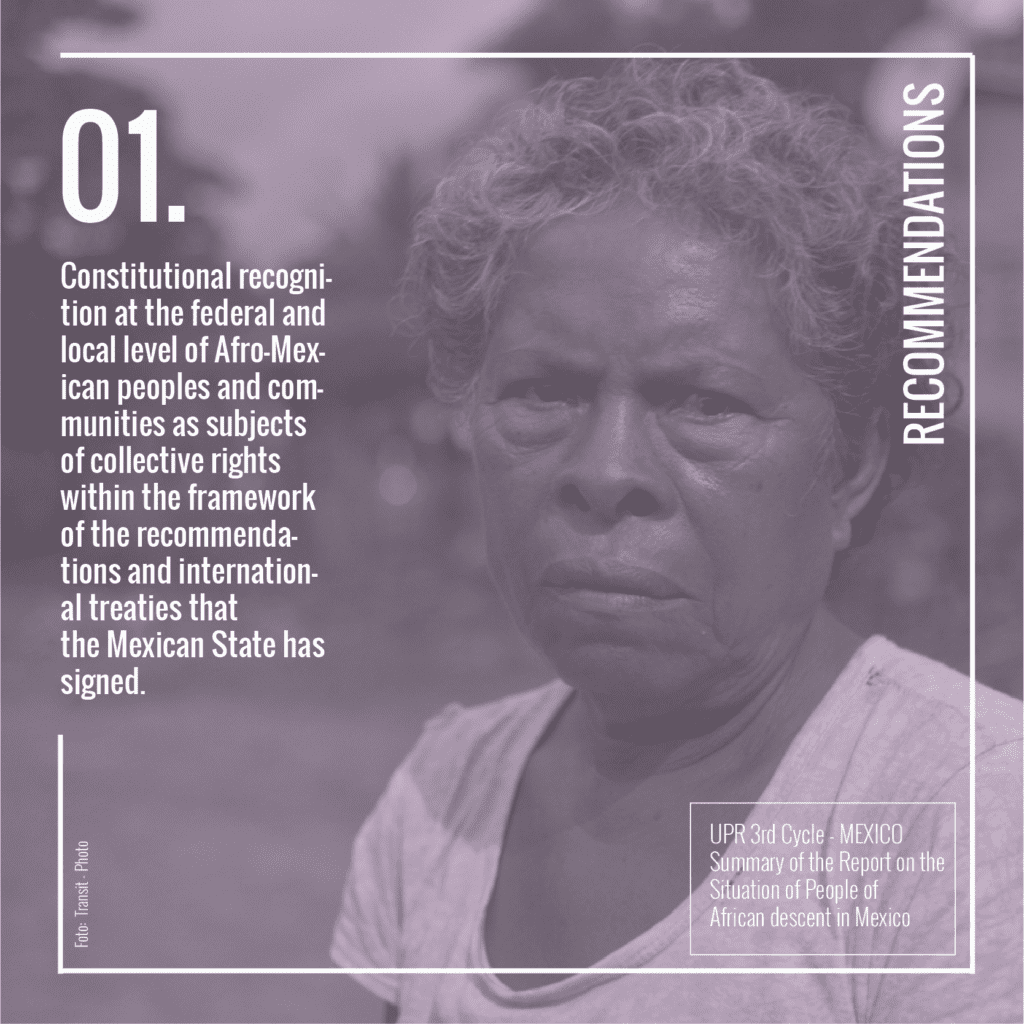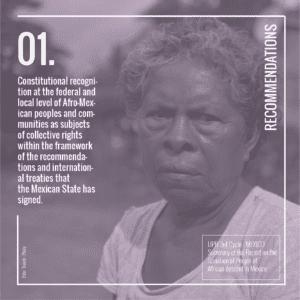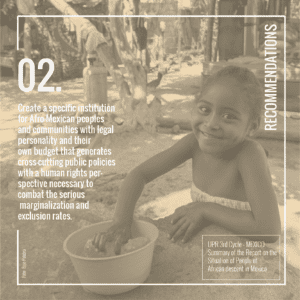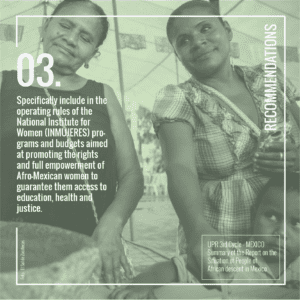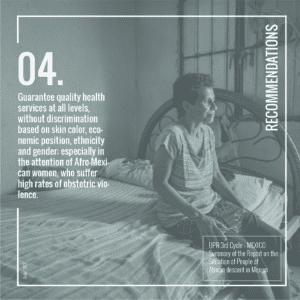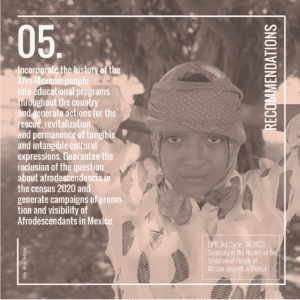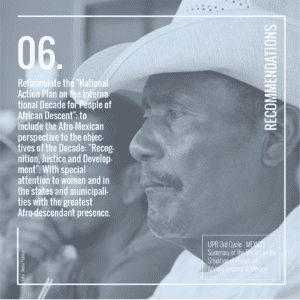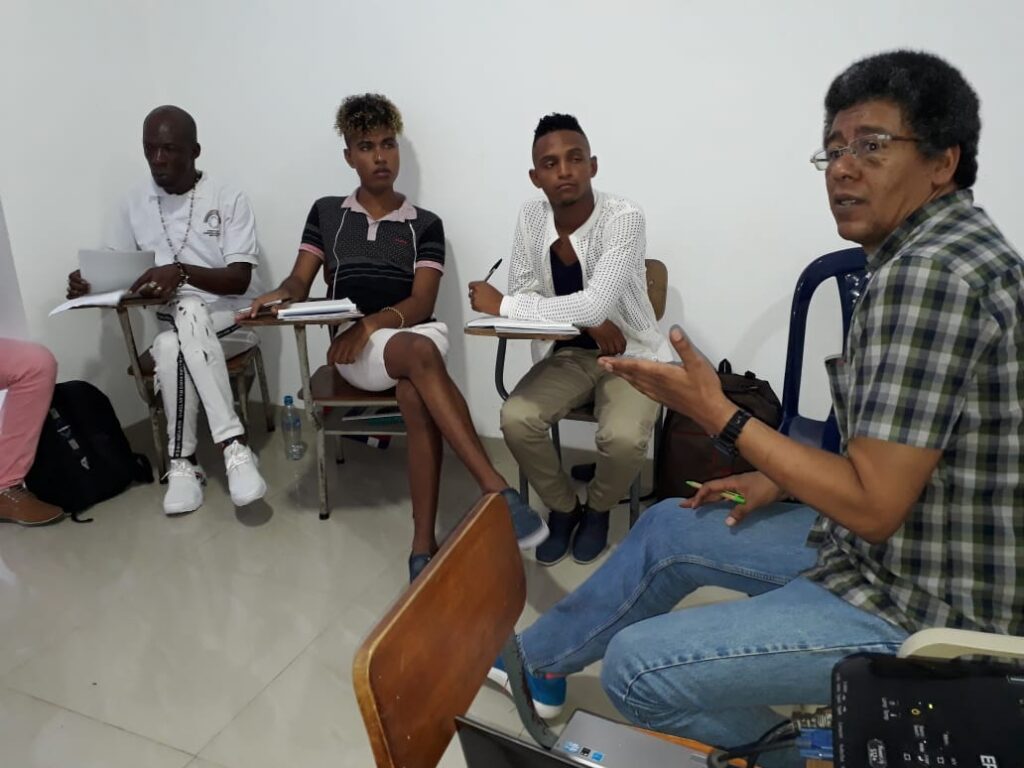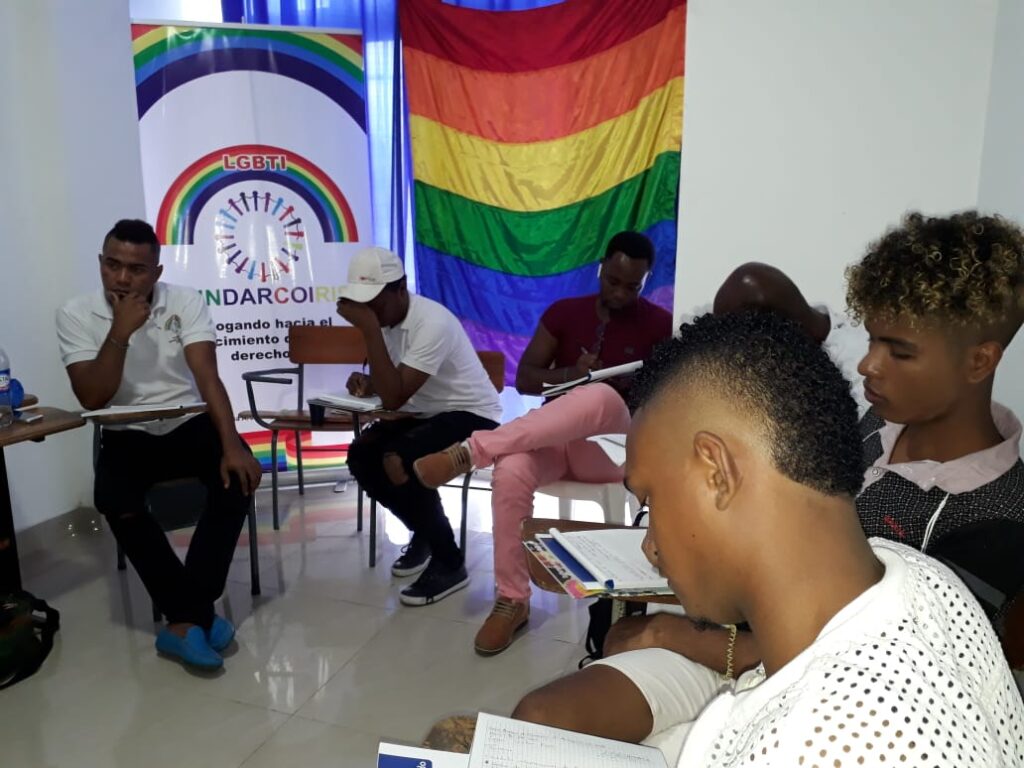LGBTI defenders face great challenges in Latin America
Washington, D.C. December 5th, 2018. During the last decade, the recognition of human rights for the LGBTI community and their legal protections have been strengthened in Latin America. Nevertheless, the LGBTI population still faces serious patterns of discrimination and violence that have been fueled by hate speech expressed by religious groups or circumstantial political issues, according to experts working in the region who held a conversation last week in Washington DC.
During the panel “Defending LGBTIQ Rights in Latin America: Obstacles and Advancements in Law and Culture,” organized by the Inter-American Dialogue, the speakers also focused on problems that further limit access to LGBTI rights, such as racial discrimination and poverty.
Fanny Gómez, Senior Director of Policy & Advocacy at Synergía; Carlos Quesada, Executive Director and Founder of the International Institute on Race, Equality and Human Rights (Race and Equality); Iván Chanis Barahona, President of Iguales Foundation in Panama; and Abraham Banegas Molina, Technical Officer of Cozumel Trans in Honduras, spoke on Tuesday with Michael Camilleri, Director of the Peter D. Bell Rule of Law Program at the Inter-American Dialogue to share their opinions and experiences on the topic.
Continued violence and discrimination
The continued violence towards the LGBTI population was a central topic in the conversation held by regional experts, in which different perspectives were highlighted.
According to Gómez from Synergía, in the last 5 or 7 years, there has been progress in terms of protecting people based on their sexual orientation and gender identity, ranging from an increase of official statements supporting the LGBTI community to the approval of gender identity laws or same-sex marriage. “But this has not meant that the violence has decreased,” she added.
Durante #LGBTIQCentroamerica - Carlos Quesada habla sobre los avances en derechos a las personas #LGBTI que han tenido un impacto diferenciado en materia racial y en el acceso socio económico a derechos. pic.twitter.com/88ZgV0cuZr
— Race and Equality (@raceandequality) 4 de diciembre de 2018
Carlos Quesada also emphasized that the advances in LGBTI human rights in the region impact the Afro-descendant population differently. Consequently, they are more vulnerable to violence.
“In the specific case of Brazil, every 30 hours a person dies because of their sexual orientation and gender identity, and 90% of those people are Afro-descendants,” the director of Race and Equality stated.
Regarding the trans community, Quesada said, violence towards their bodies has become “a disease in the region.”
“On one hand, there are countries like Colombia that have formally created institutions to defend and investigate hate crimes, but they don’t have sensitized staff that can do their job effectively,” Quesada said, noting that situations like these lead to continued violence and impunity.
Abraham Banegas from Honduras agreed that the trans men and women in his country are the “most affected” by violence directed at the LGBTI community.
Hate speech
Banegas also stressed that the “main adversary” to LGBTI rights in Honduras is religious fundamentalism.
“They attack our comrades in the name of God,” the activist said. He regretted that some religious congregations with thousands of followers promote hate messages to their parishioners, politicians, and decision makers.
For Fanny Gómez, the recent growth and strengthening of those “hate messages” promoted by conservative groups also puts the lives of human rights defenders at risk.
“Every time there is a homophobic, transphobic, or lesbophobic message coming from a leader, that means that a person of our community will die after,” lamented Banegas.
Advances in legislation
Regarding legislative advances in the Americas, experts mentioned some resolutions on sexual orientation adopted by the Organization of American States (OAS), or the Advisory Opinion Number 24 issued by the Inter-American Court of Human Rights in November 2017. The latter recognizes that States have the duty and obligation to recognize people’s gender identity and to recognize marriages and families of same-sex couples.
However, Carlos Quesada said that civil society organizations still lack the technical training necessary to be able to use the Inter-American System and the Universal System properly.
“As a challenge, we have to train ourselves on how to use the national legislation but also on how to use the Inter-American System and the Universal System for the defense of the LGBTI population.”
Obstacles in legislation
Ivan Chanis Barahona, from the Iguales Foundation, explained that in Panama “there is no law or any public policy that recognizes gay, lesbian, trans, bisexual or intersex people,” and that the only law against discrimination does not include LGBTI persons.
Recently, according to Chanis, the refusal of the Panamanian authorities to register three same-sex marriages carried out in foreign countries started a national discussion on that issue. The topic has even been debated by the presidential candidates for the 2019 elections. “Panama is a country that has always respected human rights and the Inter-American System, but after this topic came to light, people started to dislike the Inter-American Court of Human Rights because of the Advisory Opinion on LGBTI rights.”
“The States in Latin America and especially in the Caribbean have failed in the modern world to protect their democracies by maintaining policies that are totally discriminatory towards LGBTI population,” Chanis emphasized.
Regarding the specific case of Honduras, Banegas said that in the new Criminal Code, discrimination based on sexual orientation and gender identity was penalized more lightly, and a Honduran law prohibits same-sex marriage. Besides, a recent reform to the Code for Children established that same-sex couples cannot adopt children.
“In Honduras, legislation is being adjusted to block LGBTI rights,” the activist complained.
However, he said that they are currently working on an “Equality and Equity Law,” a legal instrument that could provide more protection for the rights of the LGBTI population in Honduras if it is approved by Congress.
.

